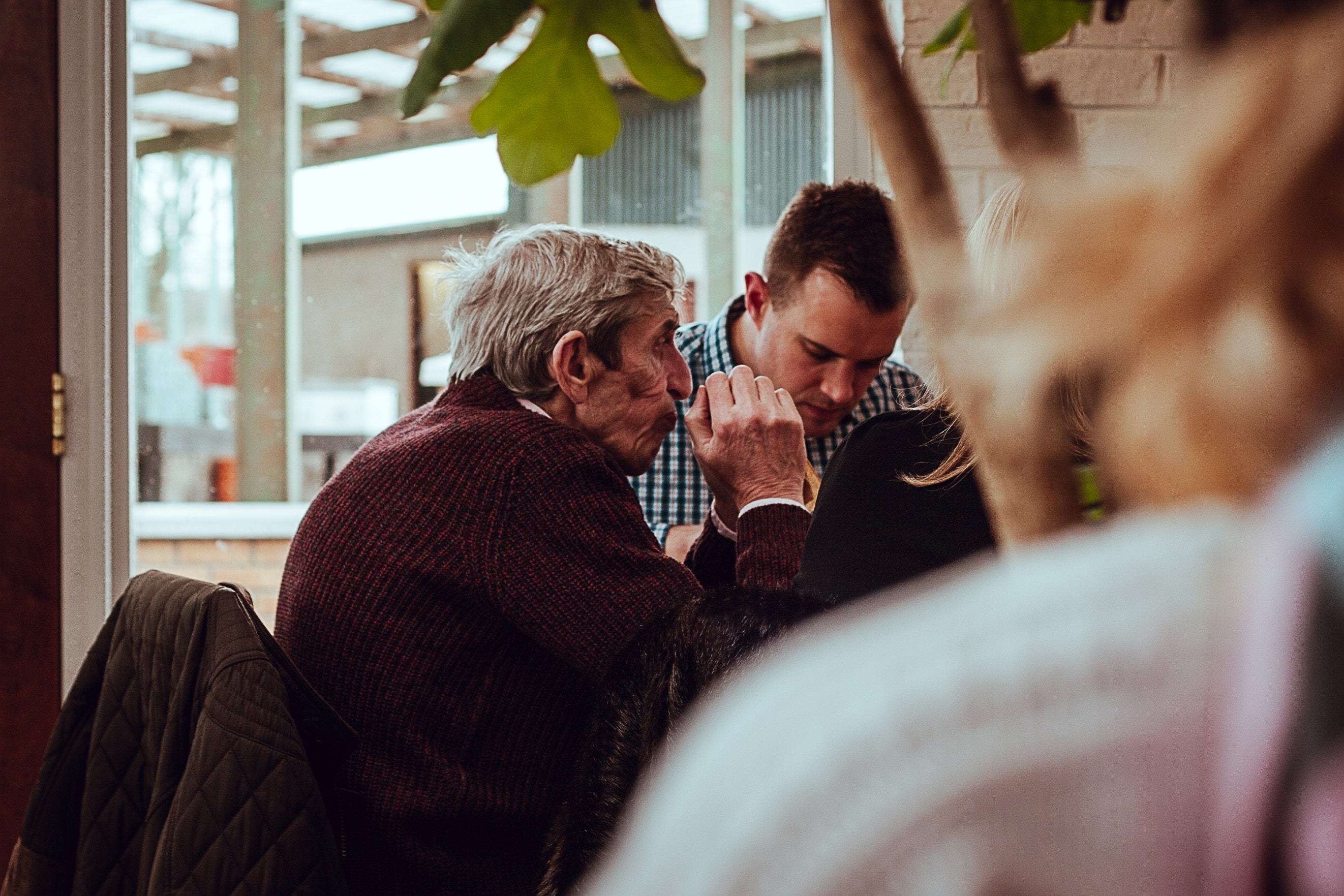Why is age a barrier to intergenerational friendships?

Research from the UK and across Europe consistently shows that people are likely to have more friends who are the same age or in the same age group as themselves. Perhaps this suggests that intergenerational friendships are not as ‘good’ as same-age friendships? By Dr. Hannah Swift
A survey of over 30 countries in the European region revealed that less than 5 percent of people under the age of 25 said they had at least one friend aged 70 and over, while nearly all said they had at least one friend from the same age group as them. Less than 30 percent of people over the age of 75 have a friend under 30.
However, the survey also revealed that well over three quarters of respondents said that they felt able to discuss personal issues with their friends, regardless of which age group the friends were from. This suggests that quality of intergenerational friendships are just as high, but perhaps there are barriers to creating such friendships, such as lack of opportunity, or lack of perceived similarity.
Research from psychology suggests that people are more likely to be friends with others perceived to be more similar to them, and a person’s age is one feature we can use to determine similarity. When we first meet someone new, we are almost always likely to implicitly (or unconsciously) determine whether they are a similar age to us or not. Determining someone’s age or the age group they belong to, a process known as age categorisation, can be important for determining what topics of conversation we might engage that person in, how we might speak to that person or address them.
Research also suggests that we are more likely to feel anxious about conversing and interacting with someone of a different age group because we have less knowledge and experience of belonging to that group or generation. Once we determine age, and categorise people as belong to the young, middle-age or old age group, people have a tendency to perceive others of the same age group as more similar to one another than they really are, while other age groups i.e. younger vs older, will be perceived to be more different and have less in common with each other.
Stereotypes that we have about younger and older age groups help to exaggerate differences between younger and older people. Moreover, negative stereotypes regarding younger and older people can also prevent people from wanting to interact with them and be barrier to intergenerational friendships.
Read also:
A UK review of the benefits of cross-generational friendships
Our thematic page on ageism and intergenerational solidarity
—
Hannah J. Swift, PhD is Eastern ARC Research Fellow at the Centre for the Study of Group Processes at the University of Kent. Her research focuses on ageism, attitudes to age, stereotype threat, loneliness and well-being, as well as active, healthy ageing.


Facebook Comments